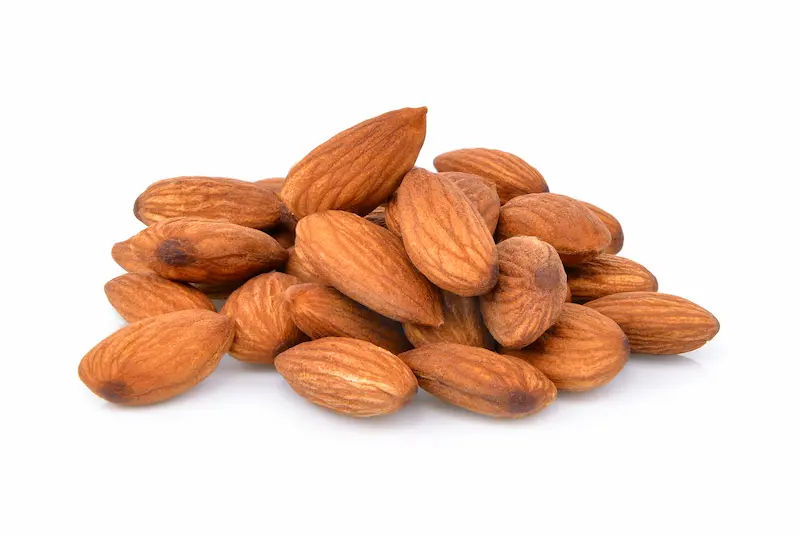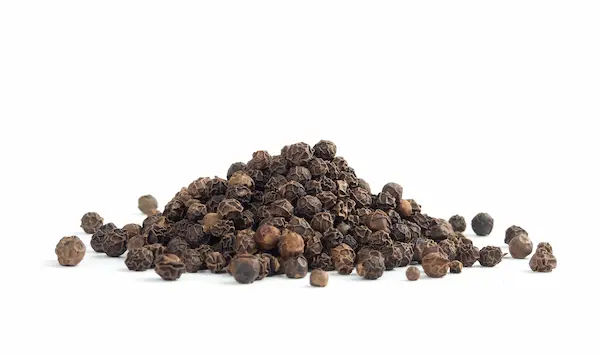Haematology Oncology: Guide to Blood Disorders and Cancer Care
Explore haematology and oncology care, including common blood disorders, cancer treatments, and strategies for effective management and patient support.

Written by Dr. D Bhanu Prakash
Reviewed by Dr. Mohammed Kamran MBBS, FIDM
Last updated on 13th Jan, 2026

Introduction
Receiving a diagnosis related to a blood disorder or cancer can feel overwhelming. Suddenly, you’re faced with unfamiliar terms and a new set of medical specialists. One of the most important experts you may encounter on this journey is a haematologist-oncologist. But what exactly does this title mean? This comprehensive guide is designed to demystify the world of haematology oncology, breaking down complex medical concepts into clear, understandable information. We will explore the conditions these specialists treat, the diagnostic tools they use, and the innovative therapies that are changing patient outcomes every day. Whether you're seeking information for yourself or a loved one, understanding this medical field is the first step toward becoming an empowered participant in your healthcare.
What is Haematology Oncology? The Specialist Who Wears Two Hats
A haematologist-oncologist is a medical doctor with specialised training in two distinct but deeply interconnected fields: haematology and oncology. Think of them as experts who wear two hats, seamlessly integrating knowledge of blood health with expertise in cancer care.
The Haematology Side: Understanding Your Blood's Health
Haematology is the study of blood, blood-forming organs (like the bone marrow), and blood diseases. A haematologist diagnoses and manages conditions such as anaemia (low red blood cells), haemophilia (clotting disorders), and thrombosis (blood clots). They are experts in the components of your blood red cells, white cells, platelets, and plasma and how imbalances can affect your overall health.
The Oncology Side: The Science of Fighting Cancer
Oncology is the branch of medicine dedicated to the study, diagnosis, treatment, and prevention of cancer. An oncologist manages cancers that can occur anywhere in the body, using treatments like chemotherapy, radiation, and immunotherapy.
Why Are These Fields Combined? The Crucial Connection
The link is intrinsic. Many cancers originate in the blood or bone marrow, such as leukaemias and lymphomas. Furthermore, common cancer treatments like chemotherapy can significantly impact blood cell counts, requiring a deep understanding of haematology to manage side effects safely. By combining these specialties, a haematologist-oncologist provides holistic care for patients with blood cancers and manages the complex blood-related issues that can arise from any cancer treatment.
Health topic carousel:
Doctor's speciality: Haemato Oncology
Text: Consult a Haemato Oncologist for the best advice
Conditions Treated by a Haematologist-Oncologist
These specialists are equipped to handle a wide spectrum of diseases, which can be broadly divided into cancerous and non-cancerous conditions.
Blood Cancers: Leukaemia, Lymphoma, and Multiple Myeloma
Blood cancers affect the production and function of your blood cells. They typically begin in the bone marrow, where blood is produced.
- Leukaemia: A cancer of the blood and bone marrow characterised by the rapid production of abnormal white blood cells, which crowd out healthy cells. Key symptoms can include fatigue, frequent infections, and easy bruising.
- Lymphoma: This cancer affects the lymphatic system, a key part of the immune system. Hodgkin lymphoma and Non-Hodgkin lymphoma are the two main types, causing swollen lymph nodes, fever, and night sweats.
- Multiple Myeloma: This cancer targets plasma cells, a type of white blood cell that produces antibodies. It can cause bone pain, kidney problems, and a weakened immune system.
Non-Cancerous Blood Disorders: Anaemia and Clotting Problems
Not all blood conditions are cancerous. Haematology oncology also encompasses benign haematology.
- Anaemia: This common disorder occurs when you lack enough healthy red blood cells to carry adequate oxygen to your tissues. Causes range from iron deficiency to chronic diseases. If you experience persistent fatigue and pale skin, a simple blood test can provide clarity. Apollo24|7 offers a convenient home collection for tests like a Complete Blood Count (CBC) to check for anaemia.
- Clotting Disorders (Coagulopathies): These include conditions like haemophilia, where the blood doesn't clot properly, leading to excessive bleeding, and thrombophilia, where there is an increased risk of developing dangerous blood clots.
Your First Appointment: What to Expect
Walking into a haematologist-oncologist's office for the first time can be daunting. Knowing what to expect can ease anxiety.
Key Questions Your Doctor Will Ask
Be prepared to discuss your full medical history. Your doctor will likely ask about:
- Your specific symptoms and their duration.
- Your personal and family history of cancer or blood disorders.
- Any medications or supplements you are currently taking.
- Your lifestyle habits (diet, exercise, smoking).
Essential Diagnostic Tests in Haematology Oncology
Accurate diagnosis is the cornerstone of effective treatment. Your specialist may order one or more of the following:
- Blood Tests: A Complete Blood Count (CBC) is fundamental, measuring your levels of red cells, white cells, and platelets.
- Imaging Scans: CT, PET, or MRI scans help visualise tumours or enlarged lymph nodes.
- Bone Marrow Aspiration and Biopsy: This procedure, often crucial for diagnosing blood cancers, involves taking a small sample of bone marrow from the hip bone for analysis.
Cutting-Edge Treatment Options in Modern Care
The field of haematology oncology has seen remarkable advancements, moving beyond traditional chemotherapy to more precise and personalised treatments.
Traditional Therapies: Chemotherapy and Radiation
Chemotherapy uses powerful drugs to kill fast-growing cancer cells, while radiation therapy uses high-energy beams to destroy cancer in a specific area. These remain effective treatments for many types of cancer.
The Rise of Targeted Therapy and Immunotherapy
This is where modern medicine shines.
- Targeted Therapy: These drugs specifically target the genetic mutations or proteins that help cancer cells grow and survive. They tend to have different side effects than chemotherapy.
- Immunotherapy: This revolutionary approach boosts your own immune system to recognise and destroy cancer cells more effectively. It has shown incredible success in treating certain lymphomas and other cancers.
Bone Marrow and Stem Cell Transplants
Also known as a hematopoietic stem cell transplant, this procedure replaces diseased bone marrow with healthy stem cells. It can be a curative option for aggressive blood cancers like leukaemia and myeloma.
Living Well During and After Treatment
A cancer or chronic blood disorder diagnosis is a life-changing event. The goal is not just to treat the disease but to maintain quality of life.
Managing Side Effects and Symptom Relief
Treatments can cause side effects like fatigue, nausea, and low blood counts. Your care team will provide robust supportive care, including medications for nausea, blood transfusions for anaemia, and growth factors to boost white blood cell production. If symptoms persist or become severe, consult a doctor online with Apollo24|7 for immediate guidance on management strategies.
The Importance of Survivorship Care Plans
After active treatment ends, survivorship care is vital. This plan, created with your doctor, includes a schedule for follow-up exams and screenings to monitor for recurrence, manage long-term side effects, and address overall health and wellness.
Conclusion: Empowering Your Health Journey
Understanding the role of haematology oncology is a powerful step in navigating a diagnosis related to blood health or cancer. This field represents the synergy of specialised knowledge, cutting-edge technology, and compassionate patient care. From precise diagnostics to innovative treatments like immunotherapy, the options for managing and overcoming these diseases are better than ever before. Remember, you are not alone on this path. By working closely with your haematologist-oncologist and healthcare team, asking questions, and advocating for your needs, you can actively participate in your treatment journey. If you have concerns about symptoms or need a specialist opinion, taking the first step to consult a professional is the most important action you can take.
 Ayurvedic Benefits, Uses, and Side Effects.webp)



